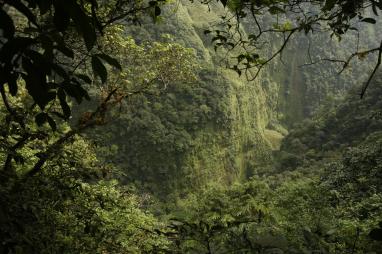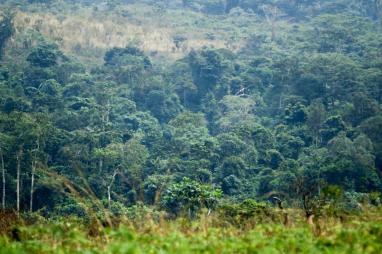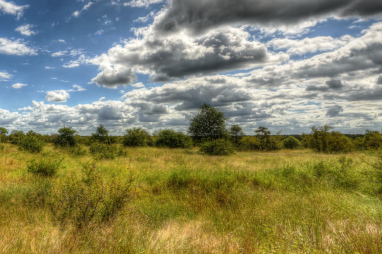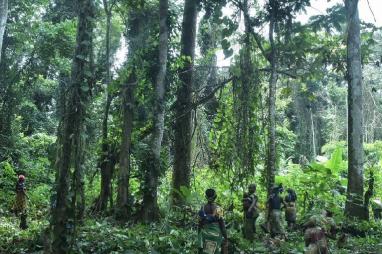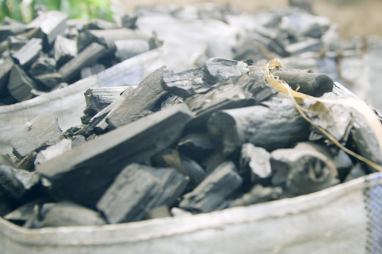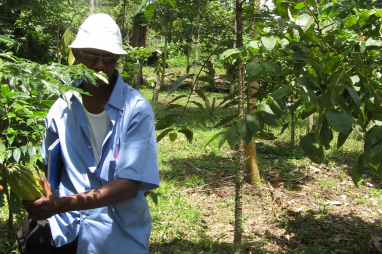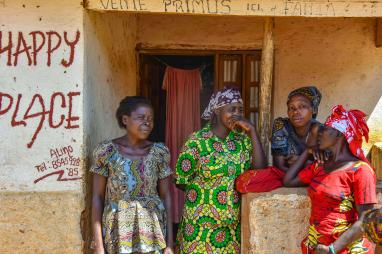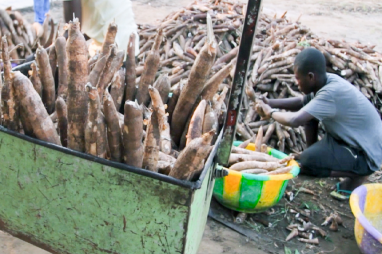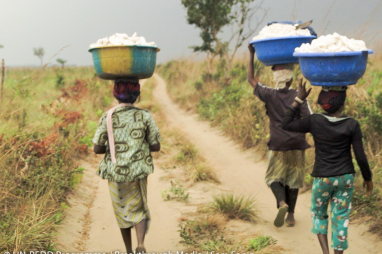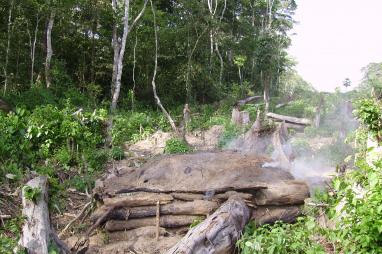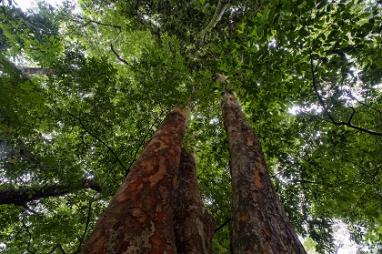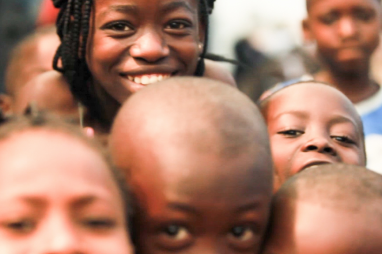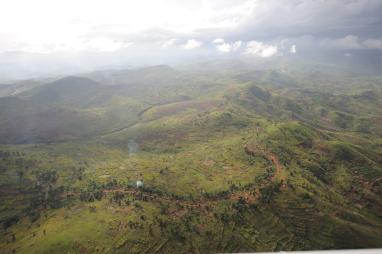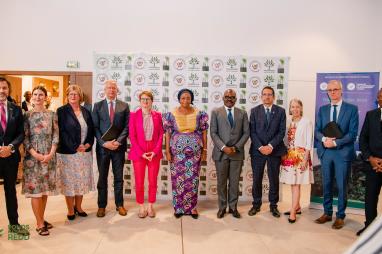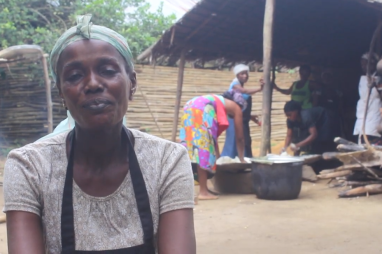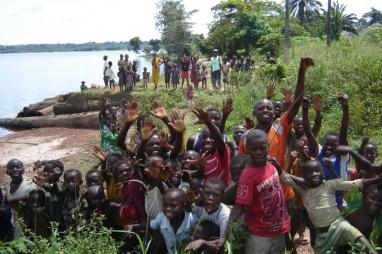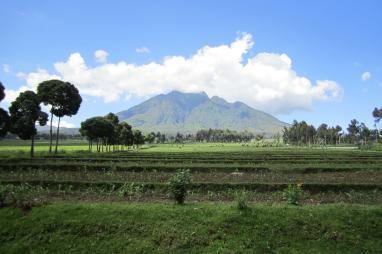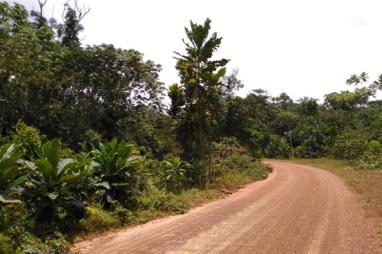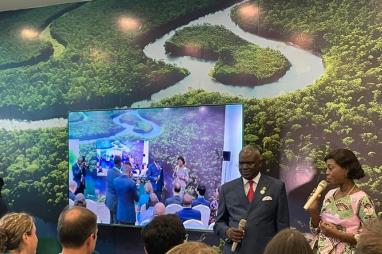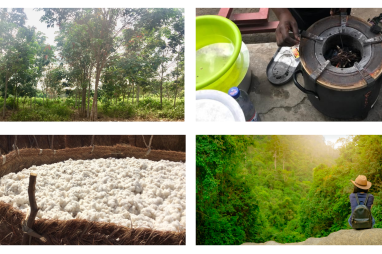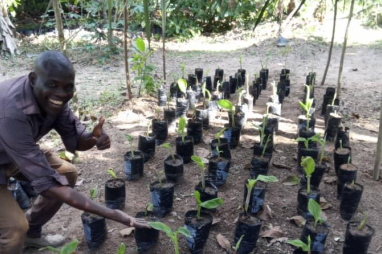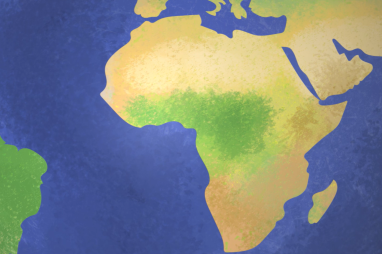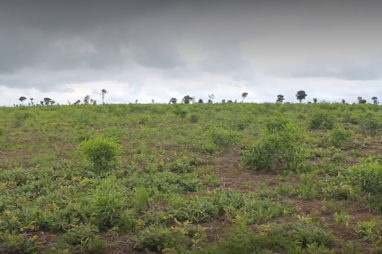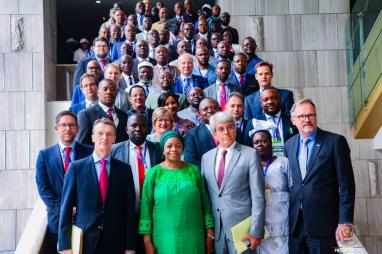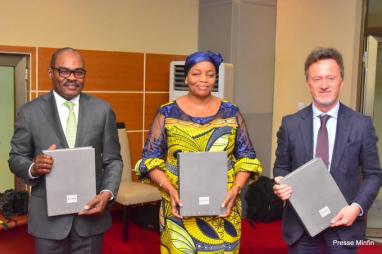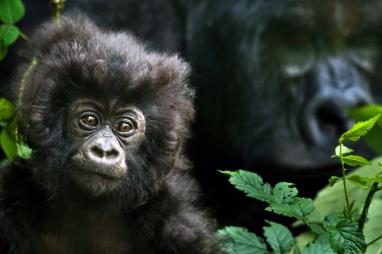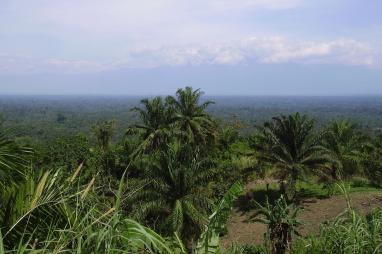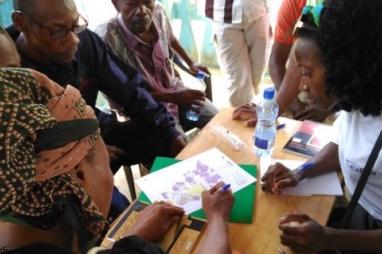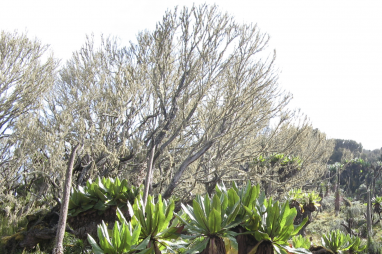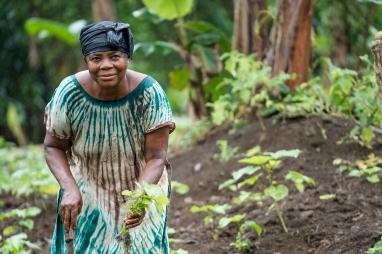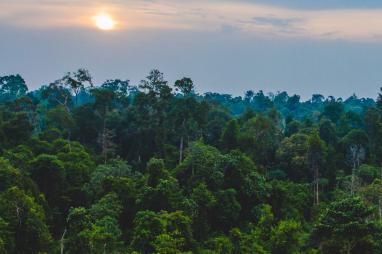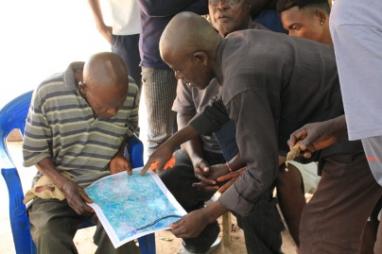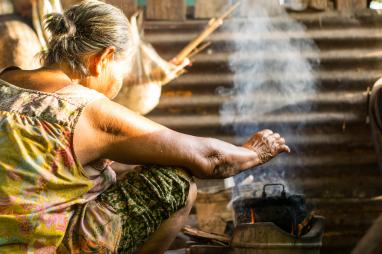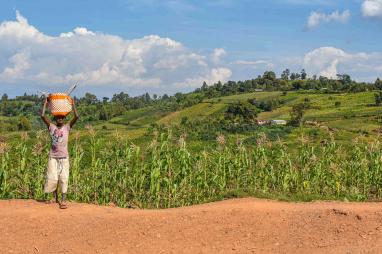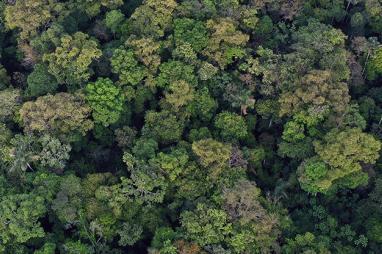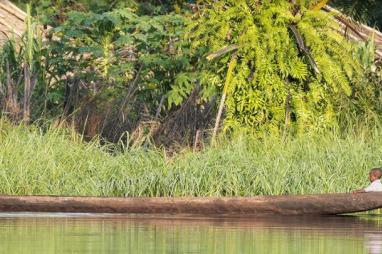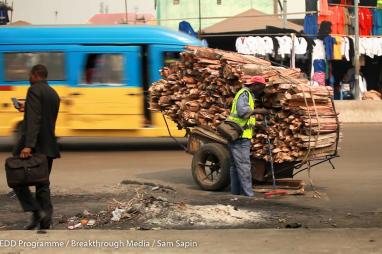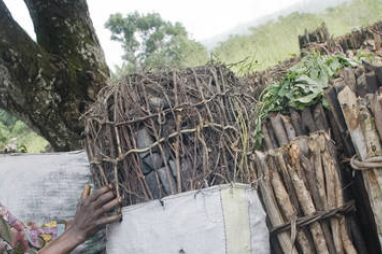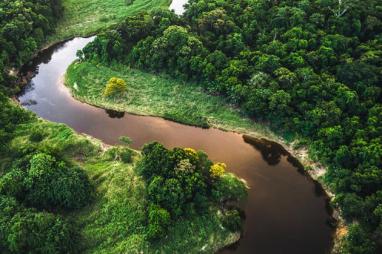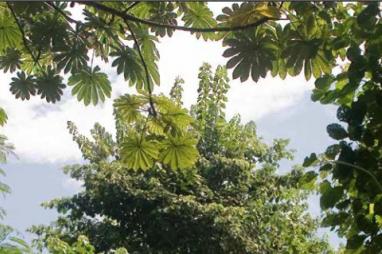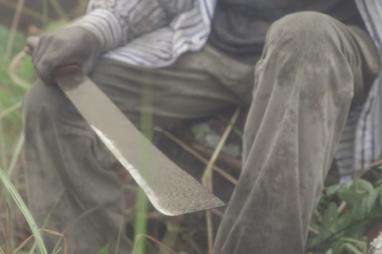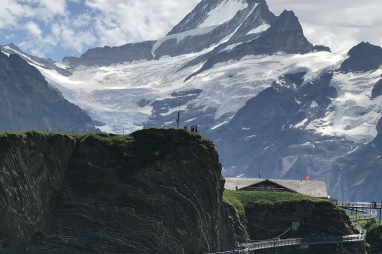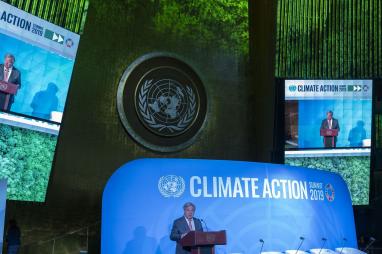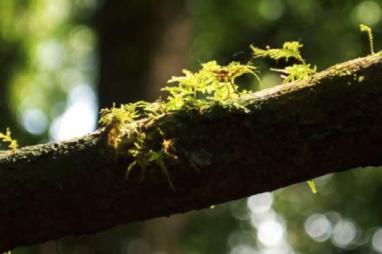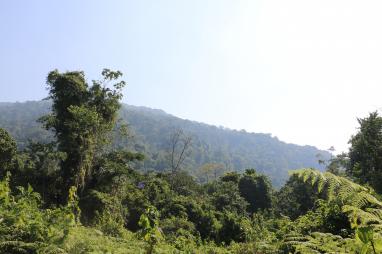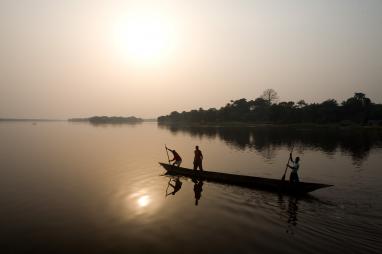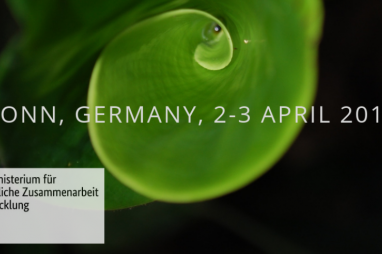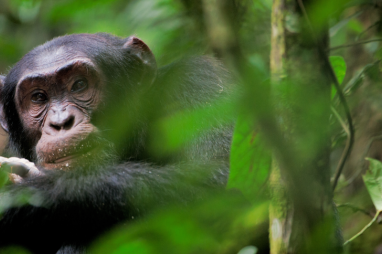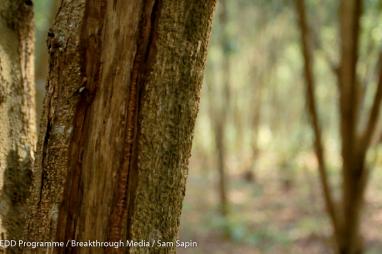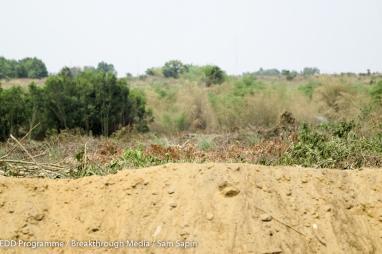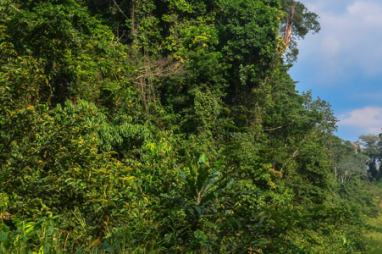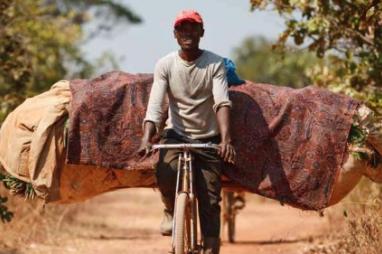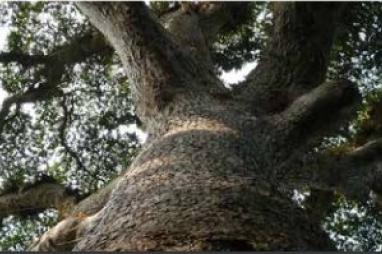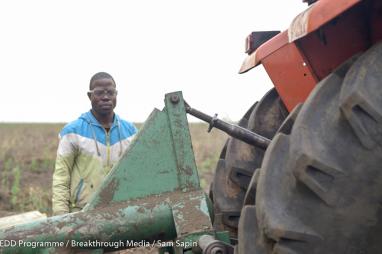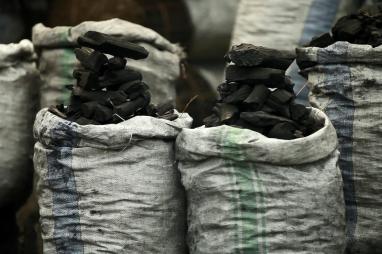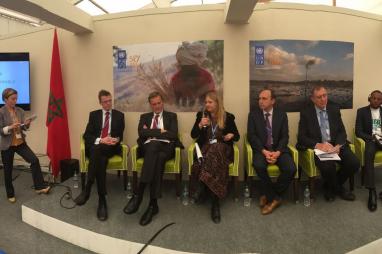Background
The Democratic Republic of Congo (DRC) is a forest giant. Its tropical forest, covering more than 130 million hectares, is the second largest in the world. But the DRC is also an economically vulnerable, politically unstable country and among the poorest in the world. Much of its population lives in abject poverty: 15.5 million people are food insecure, 2.3 million children are moderately malnourished and 1.1 million children are severely malnourished.
The DRC's forest faces great challenges : the DRC is the third largest tropical country in the world in terms of forest loss after Brazil and Indonesia, with 14.6 million hectares lost between 2001 and 2019 (see also this graph). But the reasons for this loss of forests are different: in the DRC, forest loss is due to poverty, to a local need for land and forest products (small-scale slash-and-burn agriculture and charcoal) exacerbated by strong population growth. In Brazil and Indonesia, by contrast, forest loss is mainly caused by clearing of forest lands to cultivate agricultural commodities (such as soy, beef, palm oil).
Any solution proposed to stem forest loss in the DRC must therefore also focus on reducing poverty. In concrete terms, this means finding answers together to questions such as: how can we ensure food security and substantially increase agricultural production without clearing forests, that are necessary to maintain the rains on which the crops depend? How to provide modern cooking solutions and electrify cities in a country where over 90% of the population does not have access to electricity and therefore depends on biomass? How to develop the country's territory, over 60% of which is covered by forests, in a way that is socially equitable, ecologically sustainable and provides the infrastructure necessary for economic emergence?
To address these challenges, the DRC adopted its national REDD+ framework strategy in 2012, aiming to stabilize forest cover at 63.5% by 2030, and to maintain it thereafter. CAFI's partnership with the DRC started in 2015, when the Government of DRC adopted its national REDD+ Investment Plan, on the basis of which a Letter of Intent was agreed to for 5 years (2016-2020) and 18 programmes were progressively funded through the capitalization of the DRC National REDD+ Fund (FONAREDD).
In November 2021, during COP 26 in Glasgow, a renewed and expanded 10 year agreement (2021 – 2031) was signed by President Tshisekedi of the DRC and Prime Minister Boris Johnson of the United Kingdom, unlocking investments of USD 500 million to meet concrete objectives to halt deforestation and restore degraded lands through a sustainable & inclusive rural development that fights poverty and creates jobs and revenues.
Following a joint Call for Expressions of interest under the 2nd letter of Intent (see here) in May 2022, new projects were approved by the DRC FONAREDD Steering Committee in December 2023.
Partnership at a Glance
The loss of DRC forests released 830 million tons of CO2e between 2010 and 2014, the equivalent of burning 2 billions barrels of oil. Yet these forests are home to rich biodiversity, such as the lowland gorilla and the Afrormosia, a giant tree, and directly provide livelihoods to 69% of the country's population, that lives in rural areas. Our 18 programmes, funded via the DRC National REDD+ Fund (FONAREDD) address the challenges of poverty reduction and reduction of forest loss.
hectares of forest were lost each year between 2010 and 2014
of the population lives with less than 1.9 US$ a day (2018)
dollars transferred to 22 projects via the FONAREDD
field-level programmes and 9 reform, governance and monitoring programmes
tons of anticipated emission reductions from provincial rural development programmes
anticipated # of people with enhanced livelihoods thanks to our field-level programmes
Our investments in DRC
Pressure on DRC's forests is the result of expanding and inefficient agricultural production and a lack of alternative energy sources, exacerbated by rapid population growth. Many CAFI-funded programs in the DRC therefore aim to improve food production, increase access to family planning, and provide access to sustainable cooking energy. Improved production systems will provide a double dividend: reduced poverty and reduced pressure on forests.
Our programmes
Policy dialogue
CAFI and the Government of the Republic of Congo are in discussions on the programmatic framework for the 2nd Letter of Intent, signed in November 2021.
Latest news
Documents
DRC Annual Review 2023 Report (in French)
DRC Annual Review 2023 Report (in French), 2 Jul 2024
2 Jul 2024
DRC LoI Milestone Report 2021-2022 (in French)
DRC LoI Milestone Report 2021-2022 (in French), 26 Mar 2024
26 Mar 2024
DRC-CAFI Partnership Annual Review Report 2022
DRC-CAFI Partnership Annual Review Report 2022, 5 May 2023
5 May 2023
2nd Letter of Intent between CAFI and the DRC
2nd Letter of Intent between CAFI and the DRC, 24 Jun 2022
24 Jun 2022
EB.2021.18 - Letter of Intent with the DRC 2021-2031 with annexes
EB.2021.18 - Letter of Intent with the DRC 2021-2031 with annexes, 2 Nov 2021
2 Nov 2021
2nd independent verification of the Milestones of the Letter of Intent
2nd independent verification of the Milestones of the Letter of Intent, 30 Aug 2020
30 Aug 2020
Overview of all CAFI EB decisions on DRC
Overview of all CAFI EB decisions on DRC, 20 Oct 2022
20 Oct 2022
REDD+ Investment Plan of the DRC - 2015- 2020
REDD+ Investment Plan of the DRC - 2015- 2020, 1 Jan 2016
1 Jan 2016
1st Letter of Intent between CAFI and the DRC (2016-2020)
1st Letter of Intent between CAFI and the DRC (2016-2020), 1 Apr 2016
1 Apr 2016
DRC REDD+ National Strategy Framework - Summary for Decision Makers (in French)
DRC REDD+ National Strategy Framework - Summary for Decision Makers (in French), 31 Dec 2012
31 Dec 2012
National REDD+ Strategy DRC (2012, French, Full Version)
National REDD+ Strategy DRC (2012, French, Full Version) , 20 May 2022
20 May 2022
Photocredit : Aude Rossignol, UNDP DRC


